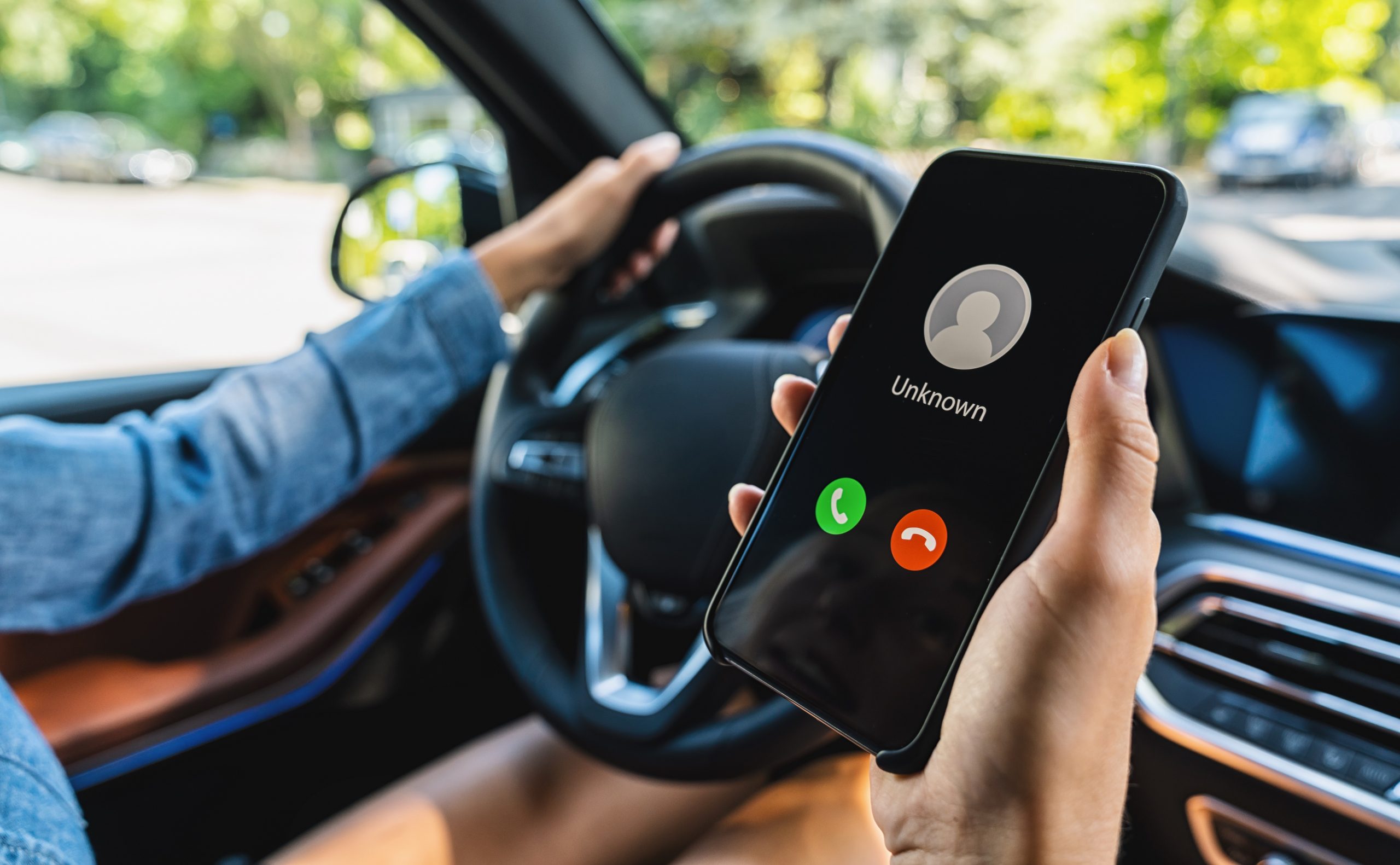Ah, scammers. If for nothing else, you have to admire them for their ingenuity and ability to adapt. Nothing, it seems, will stop them. Nothing that is, except information and a cool head. You may not be able to stop scams from occurring in the first place. But you can keep yourself from becoming the victim of one. Take, for example, scams that occur by phone.

The telephone—cell phone or landline—continues to be a valuable tool for scammers, in that it can grant relative anonymity. And most people always have a phone with them, these days. In general, these scammers want money, or they want information that can help them get money. This means they could try to get you to give over valuable personal or business information directly. Or they may have you give them access to your device or network, where they can get the information or money they want themselves.
In order to do this, phone scammers need to try and convince you that they are legitimate requestors for your information. To that end, they have the ability these days to spoof phone numbers. That way, they may be calling from all the way across the country—or even outside the U.S.—but they look like they’re calling locally. Even by just simply answering a call or clicking a link in a text, you could give them all the access they need to infiltrate your accounts and/or your device.
In addition to phone number spoofing, a phone scammer will often portray themselves as a government or banking official, law enforcement agent, or someone else in a position of authority. This is meant to intimidate and create panic. These kinds of scammers may tell you that there’s a warrant out for your arrest, that a loved one is in danger, or that there’s been suspicious activity with one of your accounts. To solve the problem? They need credit card information, log-in information, or your Social Security Number. Then, the scammer has what they need to steal your identity and destroy your finances.
When it comes to official correspondence from the government or other official agencies, a phone call is not likely to be the first communication you receive from them. And no matter what they may say about who they are, you should never have to give any sensitive information over the phone. Ever.
Knowing that is a good tool to help you keep your cool when speaking to a scammer. A better way is to not engage with them at all. If you do not recognize the number, do not answer a call or respond to a text right away. Try and verify the legitimacy of an unknown phone number first by looking it up with a reverse phone lookup. Such a tool can reveal the owner or entity that’s actually behind the phone number.
If it turns out that the caller or texter is someone you recognize, great! All it cost you was a few seconds to confirm things. If not, you may have just saved yourself from a scam, not to mention the time and stress of dealing with its aftermath.
From there, you can simply block the number on your phone. You can also report the number to the FCC or to phone scam sites as a likely scam. Doing so can hopefully help others from going through the same thing.
Interesting Related Article: “Top Ways to Protect Your Data from Cyber Attacks“

